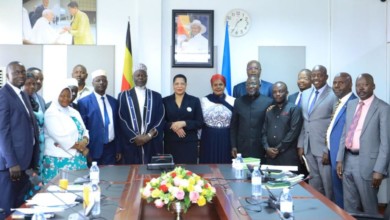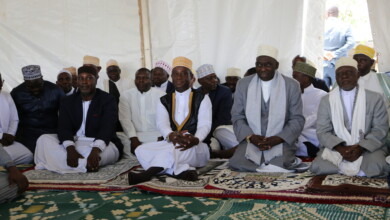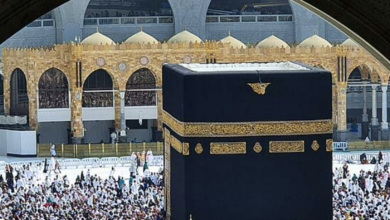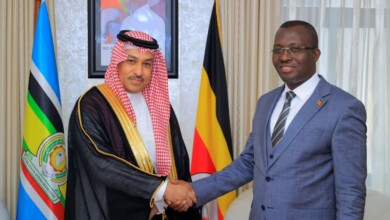Supreme Mufti bemoans fights over mosques
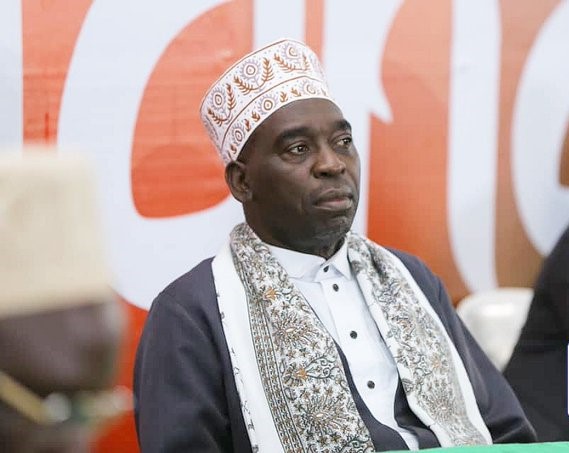
by Abdul-Wahab Kakande
The Supreme Mufti, Sheikh Muhammad Shaban Galabuzi has urged Muslim leaders to stop fighting for mosques.
Galabuzi made the appeal during the annual Muslim Supreme District Kadhi conference at Kibuli Core Primary Teachers College on May 22.
“I have noted with concern the renewed fights over mosques across the country spearheaded by unguided leaders. Please, don’t fight for mosques. If you were under the other side (Uganda Muslim Supreme Council), make your intentions clear that you are no longer part of them. I think this is better than engaging in fights. We don’t want to lose lives because of fighting for mosques,” Galabuzi said.
Galabuzi encouraged leaders of mosques paying allegiance to his leadership to register with the office of the Supreme Mufti Awaqf (endowment) department to minimise chances for bloody fights over mosques as have been witnessed in some parts of the country.
“We must work hard because we need to leave behind a documented track record of our activities including achievements and challenges,” Galabuzi noted.
Galabuzi tasked leaders under his administration to submit quarterly reports on Muslim affairs in their respective jurisdictions.
“You must also furnish us with the list of orphans in your area for support. Many of our children have been converted [to other faiths] because of small offers. We need to wake up; we must plan for [Muslim] orphans because members of other faiths are converting our children because we have abandoned them,” Galabuzi said.
Galabuzi also appealed to the Muslims to visit the sick and the imprisoned, saying it is a cardinal principle in Islam.
“We need to support the sick people and also visit the imprisoned in your areas and counsel them. As Muslim leaders, this is what we are supposed to do,” he noted.
Galabuzi challenged Muslim leaders to support global peace and be at the forefront of the crusade.
Presenting a paper on the challenges of Muslim governance in Uganda, Hussein Sseggujja, a banker, observed that the biggest challenge for Muslim leaders in Uganda is the lack of accountability and good leadership skills.
“As leaders under the office of the Supreme Mufti, you must make a difference. Allah gave us the brains to reason and we must use it to make a difference,” he said.
Sseggujja also implored Muslim leaders to put in place a board of trustees and a management committee at every mosque to minimise fights over mosque leadership.
“You should have a board of trustees at every mosque composed of about three to five competent people and a management committee of about seven to nine eminent people. These teams should convene meetings at least once a month,” he said.
The strategic goals of the office of the Supreme Mufti include restoring confidence in the leadership of the Muslim community in Uganda and increasing access to social services in terms of education, health, shelter, water, and food production among others.
During the conference, Muslim women led by Hajat Faridah Kibowa, the chairperson of the National Women’s Council appealed to the Supreme Mufti to have them included in the leadership structure.


